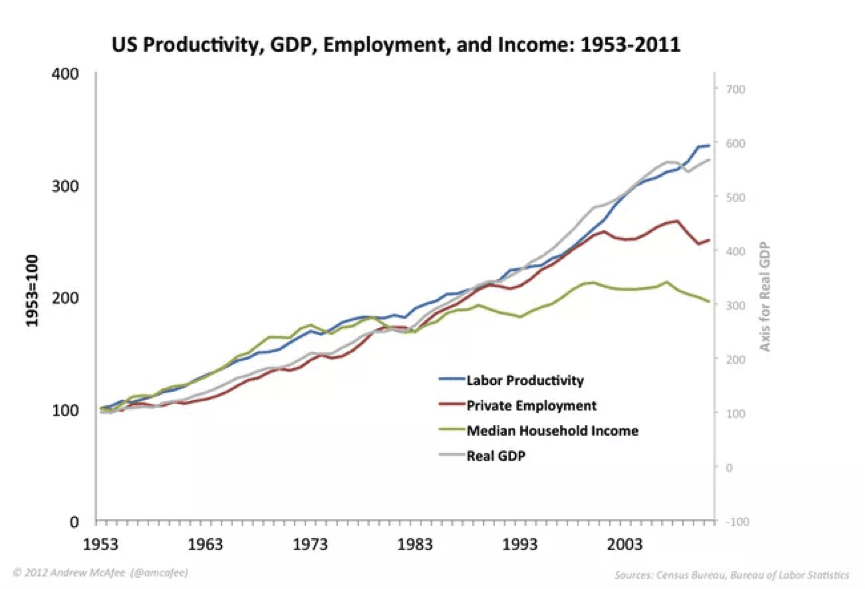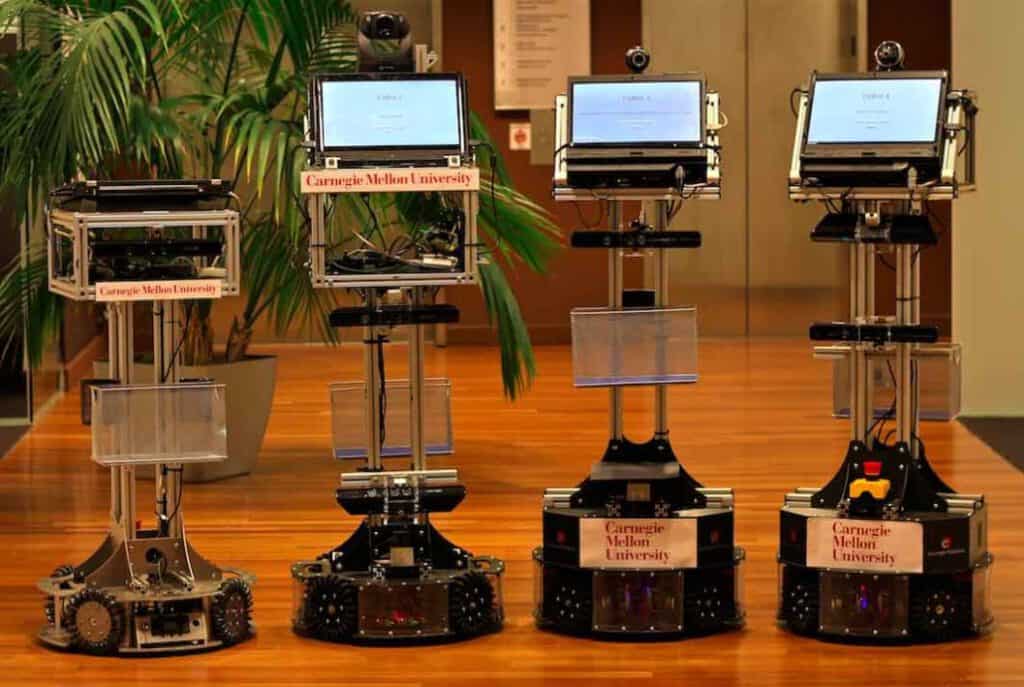AI Researcher Ramana Kumar

Contents
AI Safety Research

Ramana Kumar
PhD student
University of Cambridge
Project: Applying Formal Verification to Reflective Reasoning
Amount Recommended: $36,750
Project Summary
One path to significantly smarter-than-human artificial agents involves self-improvement, i.e., agents doing artificial intelligence research to make themselves even more capable. If such an agent is designed to be robust and beneficial, it should only execute self-modifying actions if it knows they are improvements, which, at a minimum, means being able to trust that the modified agent only takes safe actions. However, trusting the actions of a similar or smarter agent can lead to problems of self-reference, which can be seen as sophisticated versions of the liar paradox (which shows that the self-referential sentence “this sentence is false” cannot be consistently true or false). Several partial solutions to these problems have recently been proposed. However, current software for formal reasoning does not have sufficient support for self-referential reasoning to make these partial solutions easy to implement and study. In this project, we will implement a toy model of agents using these partial solutions to reason about self-modifications, in order to improve our understanding of the challenges of implementing self-referential reasoning, and to stimulate work on tools suitable for it.
Technical Abstract
Artificially intelligent agents designed to be highly reliable are likely to include a capacity for formal deductive reasoning to be applied in appropriate situations, such as when reasoning about computer programs including other agents and future versions of the same agent. However, it will not always be possible to model other agents precisely: considering more capable agents, only abstract reasoning about their architecture is possible. Abstract reasoning about the behavior of agents that justify their actions with proofs lead to problems of self-reference and reflection: Godel’s second incompleteness theorem shows that no sufficiently strong proof system can prove its own consistency, making it difficult for agents to show that actions their successors have proven to be safe are in fact safe (since an inconsistent proof system would be able to prove any action “safe”). Recently, some potential approaches to circumventing this obstacle have been proposed in the form of pen-and-paper proofs.
We propose building and studying implementations of agents using these approaches, to better understand the challenges of implementing tools that are able to support this type of reasoning, and to stimulate work in the interactive theorem proving community on this kind of tools.
Workshop Participation
- Colloquium Series on Robust and Beneficial AI (CSRBAI) – May 27-June 17, 2016.
- MIRI co-hosted this 22-day June colloquium series (https://intelligence.org/colloquium-series/) with the Future of Humanity Institute, which included four additional workshops.
- Self-Reference, Type Theory, and Formal Verification – April 1-3, 2016
- In this conference, hosted by MIRI, participants worked on questions of self-reference in type theory and automated theorem provers, with the goal of studying systems that model themselves.
About the Future of Life Institute
The Future of Life Institute (FLI) is a global think tank with a team of 20+ full-time staff operating across the US and Europe. FLI has been working to steer the development of transformative technologies towards benefitting life and away from extreme large-scale risks since its founding in 2014. Find out more about our mission or explore our work.
Related content
Other posts about AI Researcher Profile

AI Researcher Moshe Vardi

AI Researcher Manuela Veloso

AI Researcher Wendell Wallach

